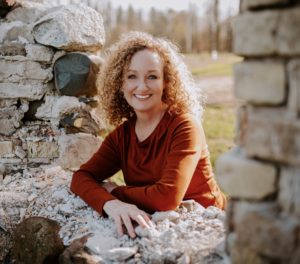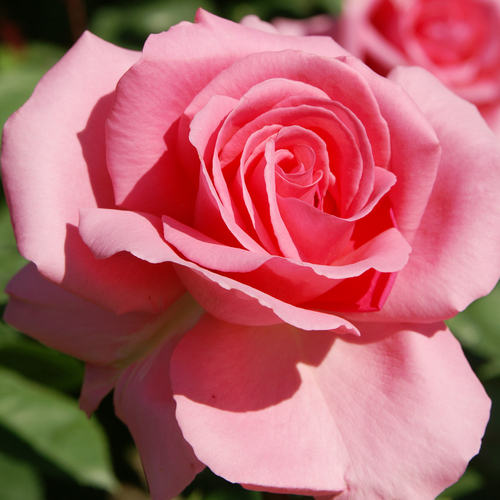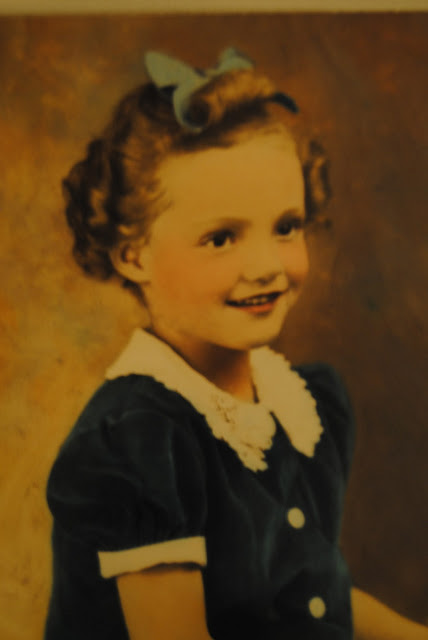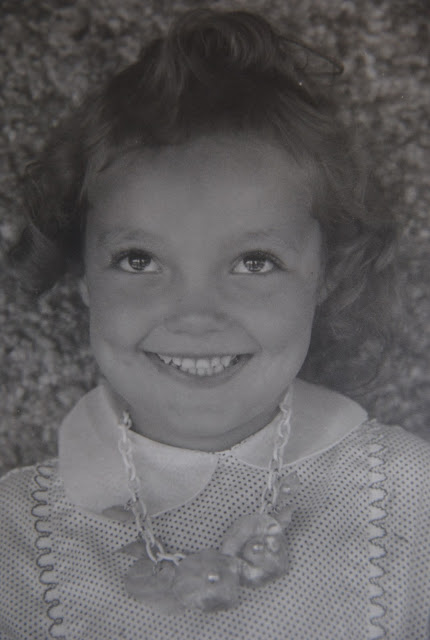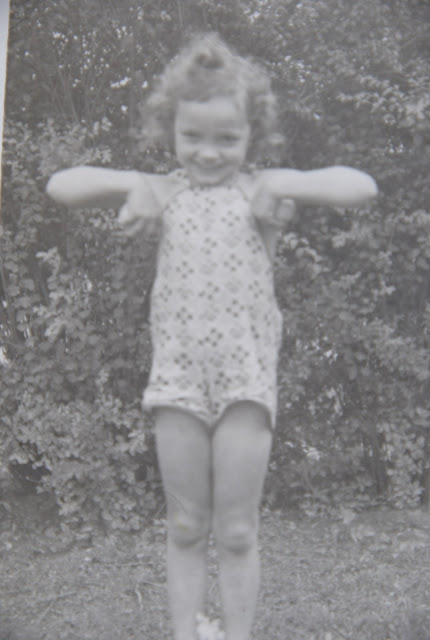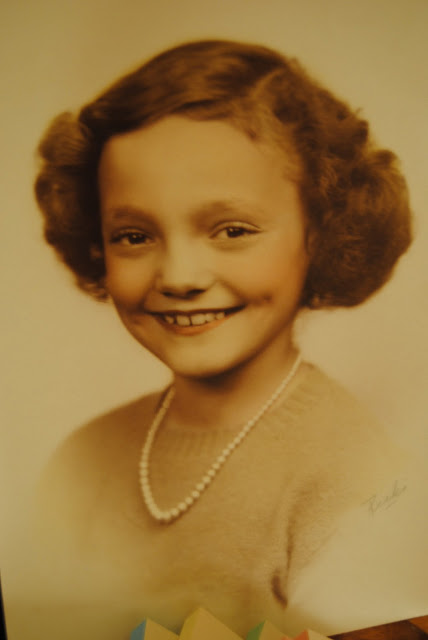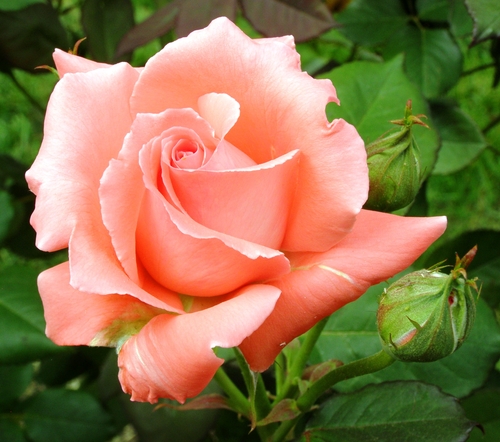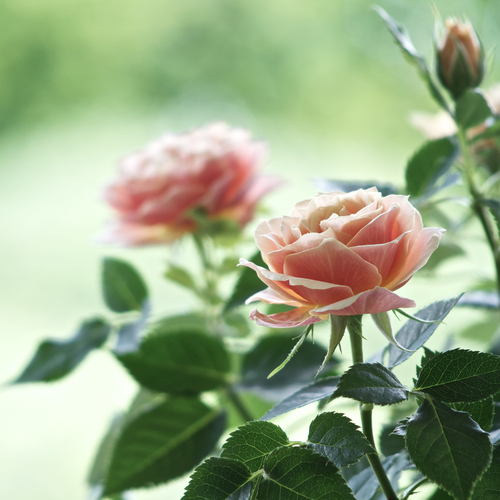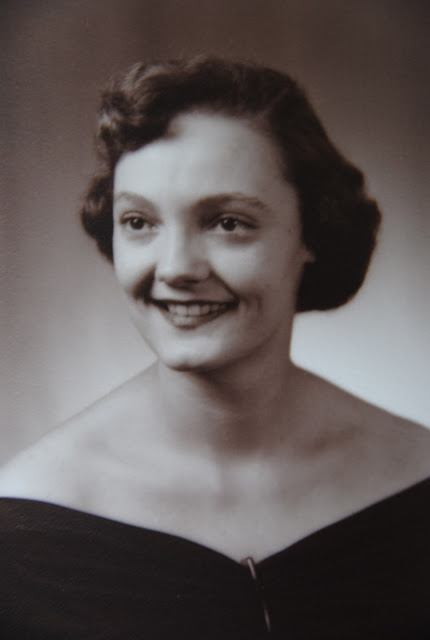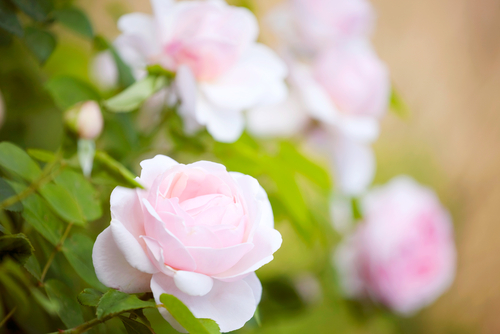I talked to her Mother’s Day morning. She was surprised by joy when my flowers arrived the day before. She hadn’t expected flowers that year because I had bought her something special instead—a garden bench, handcrafted in the year of her birth, 1936.
In just a few weeks, Mom was to move from the place she had raised me in Ohio to our Wisconsin town. My husband and I had helped her buy a house across from a park where she envisioned her grandkids playing. Moving company had been contracted, packing had begun, garage sales were over, our spirits were high. The garden bench already had its spot in her mind, a new rose garden.
And I thought, “Why not send her flowers anyway?”
I remembered what she said every time she had received flowers . . .
Flowers should be given to the living, not to the dead.
So we talked and she shared her excitement about her upcoming move.
And then . . . the next morning . . .
I had started coming down the stairs when I heard my sister sob . . . .
Knees collapsed and I sat there on the step screaming, howling from depths I didn’t know existed, shocked.
How does one absorb such a devastating, unexpected blow?
It was the day after Mother’s Day, 2002. My soul still rattled from twin towers shot straight through with terrorist controlled jets, crumbling down to the ground. I watched it happen in real time with my mom on the phone, eight months prior. Disbelief. All systems unable to cope with sudden, intense overload. Shock. Sobbing sorrow. I felt like those towers—standing strong and tall one day, hit fast and crumbled the next.
What? When? Where? How? WHY?!
Why do things like death happen to those we love and want to keep forever?
Why do we have to experience sudden shock in our souls, such agony in our hearts?
How will we ever recover?
Does life ever return to normal, whatever normal is?
It has been 11 years since she passed—Helen Christine Knapp MacLaren—my mother. She wasn’t feeling well on the evening of Mother’s Day. Throwing up, pain in neck and shoulder, sweating profusely, she called her doctor. Sounded like she could be having a heart attack, he said. She called an ambulance. Emergency room doctor diagnosed her with the flu and sent her home at 1 AM in the morning. No EKG. No blood work. She was sent home via a friend she had called. To an empty home she went, except for her beloved dachshund—the only life left since losing her husband six weeks prior to congestive heart failure. Her friend helped her get into bed and left.
Next morning, her friend returned. No answer to doorbell. No answer to door pounding. Dog was barking, running around frantic. Police were called. Forced entry. My mom’s best friend found her dead in bed, curled up in fetal position, hands in a prayer pose by her head.
Autopsy revealed a massive heart attack. And the emergency room doctor missed it. She missed my mother’s signs and didn’t run rudimentary tests.
We lost her at 65—mother, grandmother, sister, friend. Gone.
We packed up all three kids and started the nine hour drive east that day. And I started writing eulogy and I realized as I wrote how much God can heal a heart toward a mother whose heart just plain gives out.
My mother broke my heart—over and over—through the years. She was a complicated woman.
And this woman, my mother—she loved roses. She had cultivated them every place we lived—tea roses in a rainbow of hues. I remember standing beside her, watching her dust and prune and smell and smile. Roses are such complicated flowers. Fragile petals bound tight, sharp thorns protecting closed buds, unfolding only when warmth of June sun comes—this was my mother.
A woman-child, she was. Tough and sometimes abrasive on the outside, her thorny exterior guarded a tender, frightened heart. Come too close, say or do the wrong thing, you’d get stuck alright—pierced straight through till your heart bled. And yet, she loved strong and loyal. Her ways of loving could be hard because of how she defined love. But she loved, I know.
And I know that you can’t love true if you can’t love free. If you try to own and control, you’ll suffocate and squeeze the life straight out of a soul. And she did. But I was on a mission to understand such complication. I was on a mission to honor my mother, as God calls us to do. I was on a mission of hope that I might someday actually feel love for her and have peace with this woman who had caused much pain but who had also given much joy.
I spent some years in therapy and some more years in a clinical psychology doctoral program learning, always learning. I prayed. And I prayed some more. Years of applying truth and love—all this went into the mix of this complicated, mother/daughter relationship recipe. The last five years of our life together were sweet. Hard work and persistence and prayer paid off.
The rose began to bloom. And so did I.
Thorns stopped pricking as the scared and scarred woman-child came to believe—to really believe—she was loved, thorns and all. Because when one loves through the thorns, thorns are needed no more. Love always protects, always trusts, always hopes, always perseveres (1 Corinthians 13:7) When love surrounds, we can lay our defenses down.
My mom became my mother-friend in her last few years. In some strange and poignant way, God helped me mother my mother. And in allowing God to mother her through me, I allowed Him to mother me. God helped me see me in her—a woman-child wounded by love lacking—a woman-child waiting to grow up and blossom in the warmth of someone who understands and accepts, thorns and all. And when even the thorns are accepted and understood, somehow they just aren’t so necessary anymore. When we handle with care, we see beauty. True love, given and received, is true beauty.
And the thorns? Well, they’re ok. We all have them, don’t we? Cultivating roses can cause one to bleed sometimes. But it’s worth it. She was worth it. So worth it. Aren’t we all worth the risk of being hurt now and then by getting heart-close?
Yesterday, spontaneously, my daughter complimented me. She’s an adult, now 21, my mother’s age when she birthed me. My daughter, this beautiful woman-child, looked straight into my eyes and said with a smile, “Mom, your remind me so much of Grandma. You’re strong. And you love . . . so much.”
Finally, after all these years, instead of cringing at the comparison, I smiled through grateful tears. My mother . . . myself. Different, yet similar.
I miss you Mom. I was blessed to have you as my mother. Thank you for teaching me how to tend roses, thorns and all.

